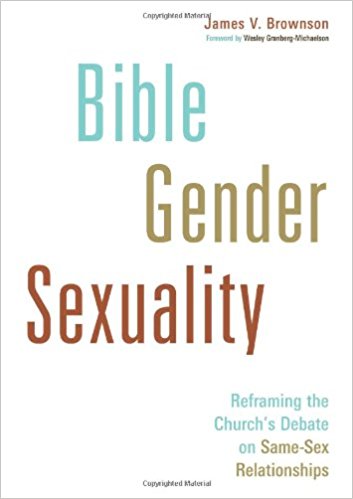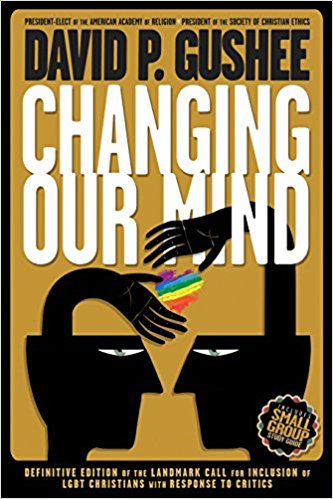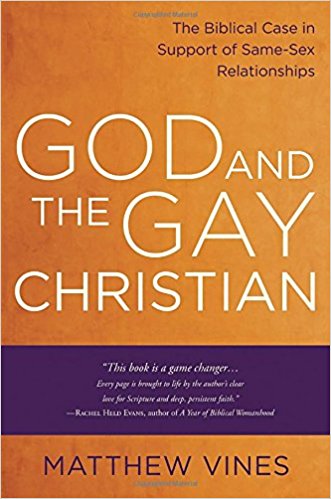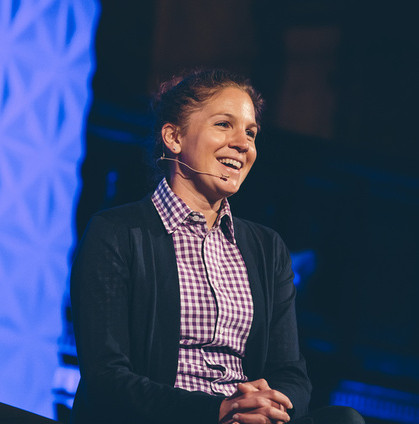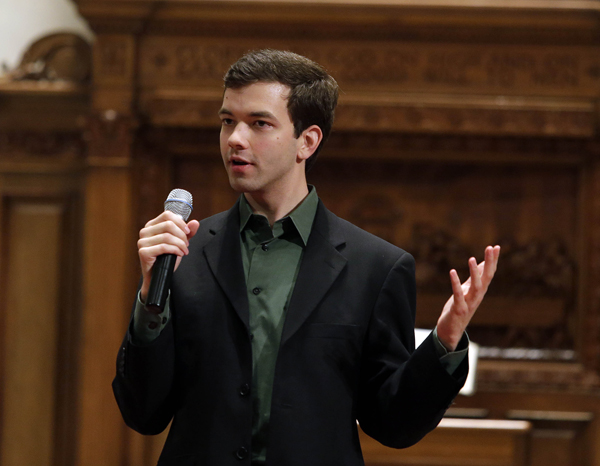Sexual Orientation and Gender Identity
Dayspring began a congregational conversation around our church's practice of welcome as it relates to people of all sexual orientations and gender identities. We are a diverse congregation with many different perspectives. And so, we're practicing the ancient Baptist practice of community discernment through eduction, prayer, and conversation. As a result of that process of discernment, we developed our Inclusion Statement.
Our Inclusion Statement
In the spirit of Jesus, Dayspring Baptist Church invites people of all sexual orientations, gender expressions / identities, social-economic status, family configurations, race, and intellectual, emotional, and physical abilities to fully participate in the life of this congregation by exercising their gifts and callings.
Sexual Orientation and the Bible
Below are videos and notes from a four week Sunday School class exploring sexual orientation and the Bible led by former pastor Chris Fillingham.
Week 1: The Traditional Understanding
We begin by laying the foundation of our conversation, including assumptions and disclaimers by our pastor. Then we explore the primary texts that address same sex actions in order to understand how the church has traditionally "connected the dots" and why it has condemned same-sex relationships. We also explore the fruit of that teaching as it has been played out in the lives of Christians who idnetify as LGBTQ community, including a short clip from Matthew Vines.
Week 2: The Sin of Sodom and the Abundance of Abominations in Leviticus
Week 2 explores the three Old Testament texts in question. We start by asking what exactly was the sin of sodom, both as described in the story it self and in the rest of the bible. Then we move to the passages in Leviticus that describe same-sex acts as "tovah" in the hebrew, a words primarily translated as "abomination" or "detestable." We look at the broader use of this word in the bible as a way to try to understand the moral logic for it's usage, noting that of the 117 usages of the word, 111 of them apply to something other than same-sex acts.
Week 3: "Natural/Unnatural" in Romans 1.
Week 3 explores the most sound argument for the traditional interpretation of the bible (not-affirming same-sex relationships). This includes unpacking terms such as "Gender Complamentarity" and reading the creation accounts in Genesis. Then, we moved into the 3 layers of meaning for the categories of "Natural/Unnatural" in Paul's writings as well as other ancient writers. Finally, we questioned whether Paul's assumptions apply to Christians in covenant-committed-same-sex relationships today.


